Climate Change Warriors
Youth in South Africa lead the way in clean-up campaigns and climate action
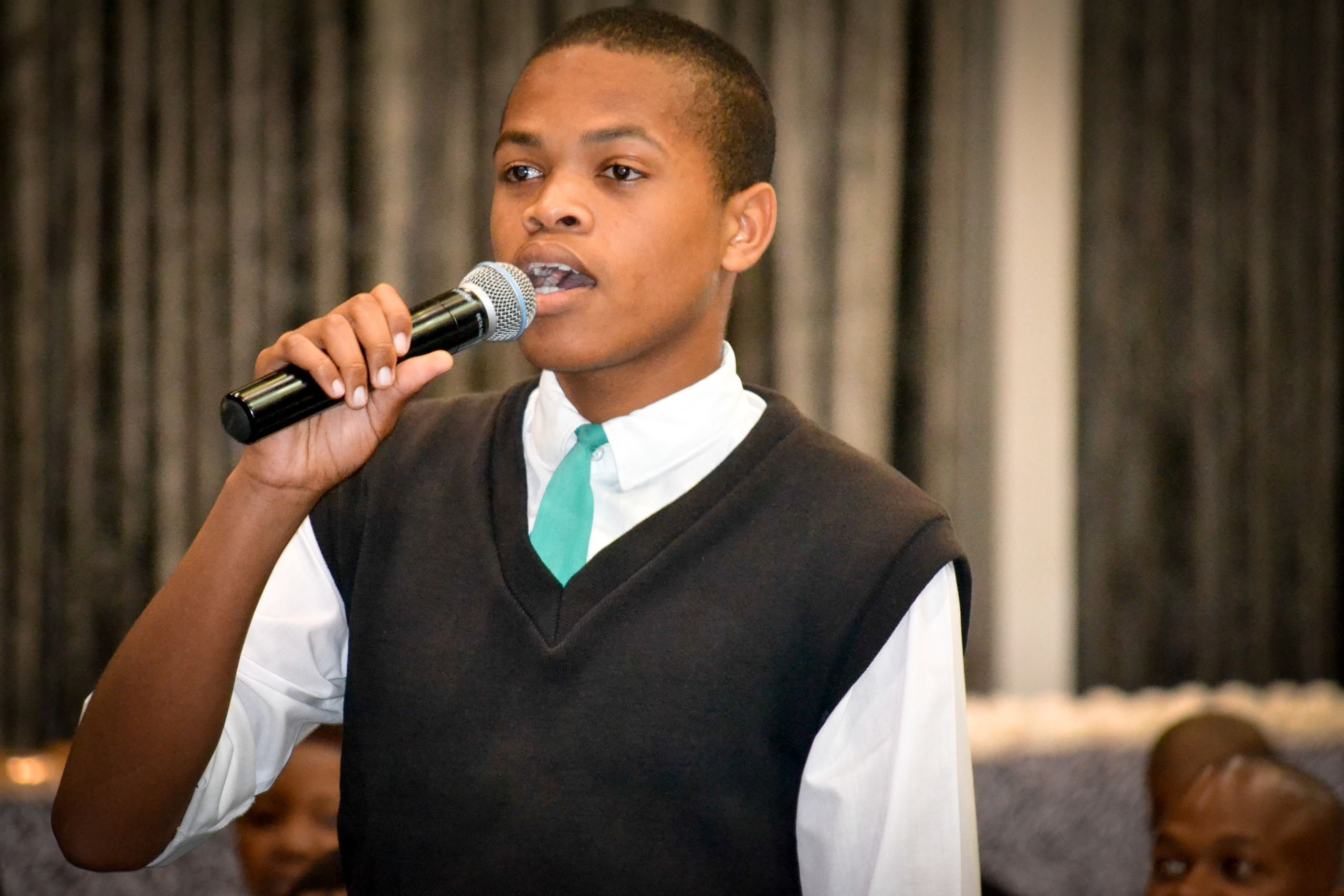
In South Africa in 1976, ~20,000 students took to the streets protesting the policies of the apartheid government.
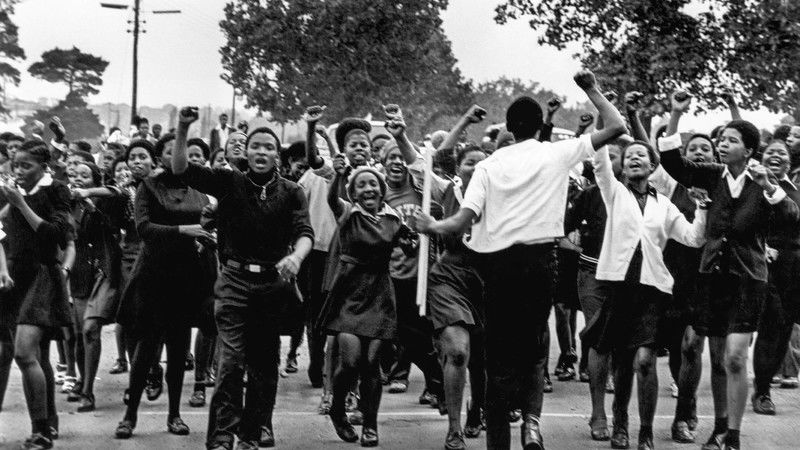
The uprising was a series of demonstrations and protests that began in Soweto and spread countrywide - profoundly changing the socio-political landscape in South Africa. Although the protests ended tragically with dozens of young people killed by the apartheid government, youth proved themselves as a powerful catalyst for change.
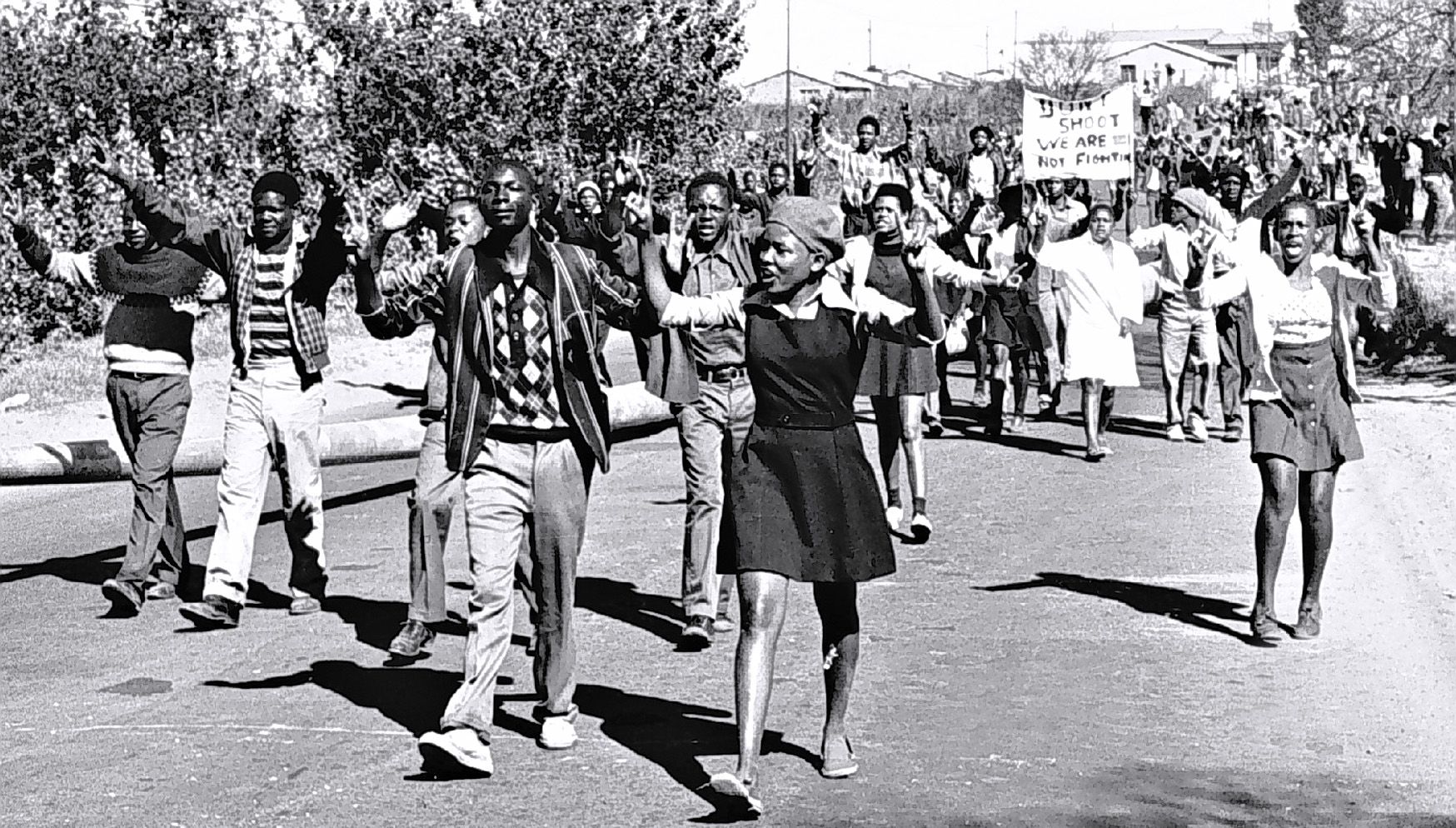
Now in South Africa, Youth Day is a holiday marking the Soweto uprising.


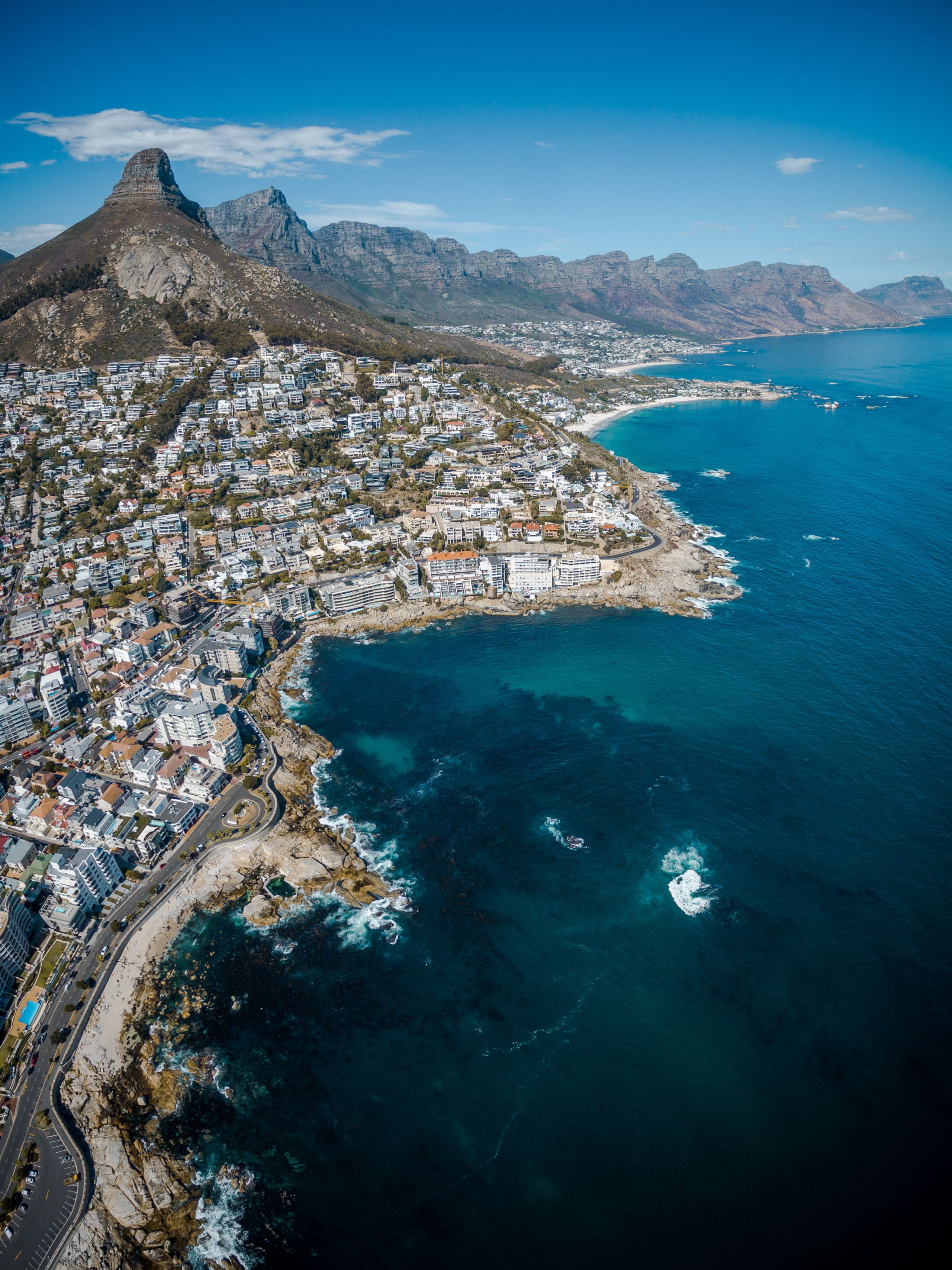
As we mark the United Nations International Youth Day 2019, young people are again serving as a powerful catalyst – protesting and engaging with their governments, schools, and communities with the call for increased climate action
Future Leaders of Change
Recognising the power of youth to facilitate positive change, the Global Environment Facility's (GEF) Small Grants Programme (SGP) supported a climate change awareness project driven by a Durban-based youth group, Future Leaders of Change (FLC) - a non-profit organisation that mobilises youth and brings awareness of the effects of climate change to schools and communities.
With SGP support, Future Leaders of Change (FLC) implemented the Climate Change Warriors Project (CCWP).
Targeting youth specifically, the project aimed to: conduct climate change education and awareness programmes/campaigns; co-ordinate climate change adaptation trainings for the local communities (specifically in sustainable agriculture and reforestation); and bridge the information gap between experts and local communities.
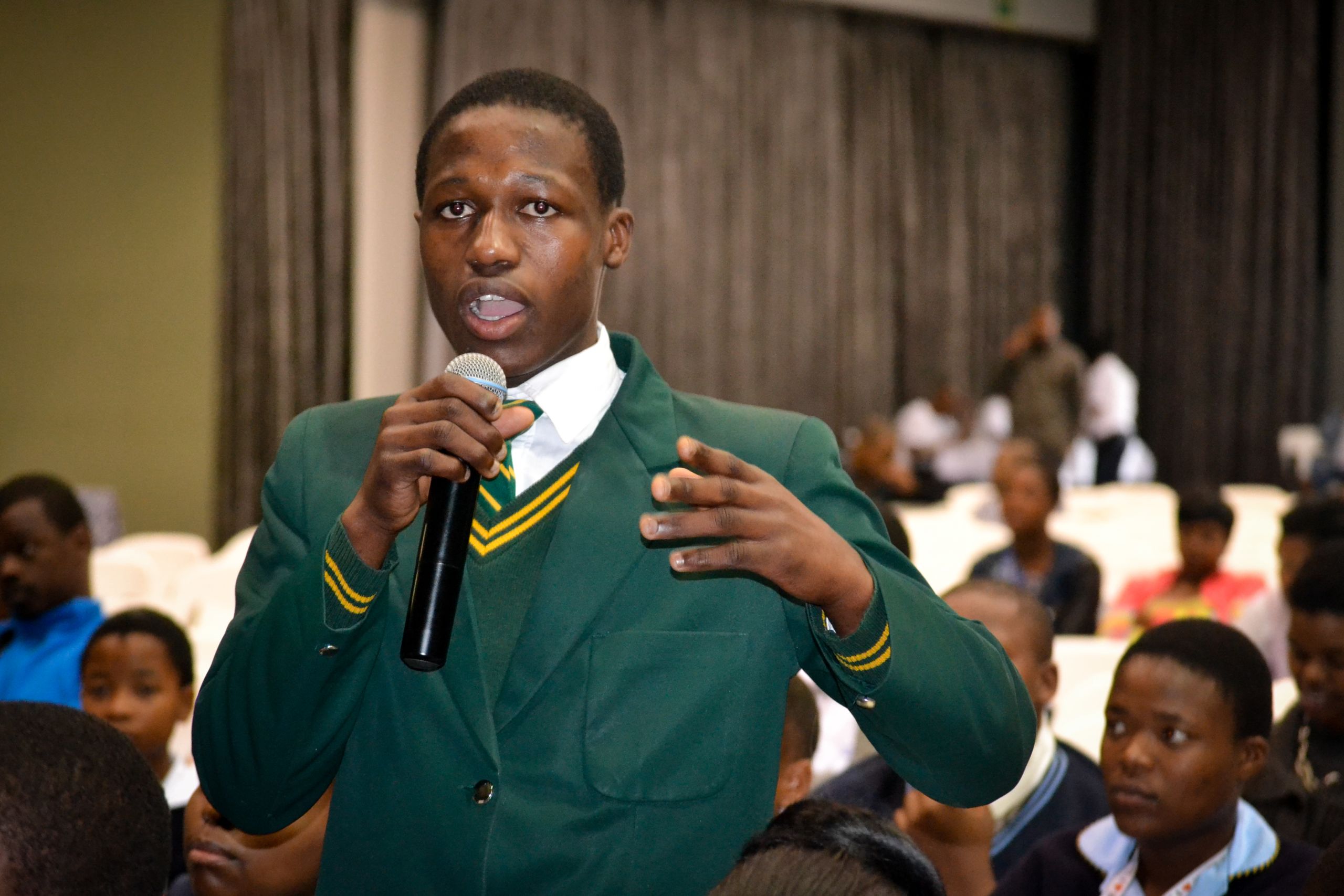
A Liveable Future
The project was inaugurated by hosting a climate change summit with 300 youth in attendance, and showcasing their work on climate change and greening initiatives.
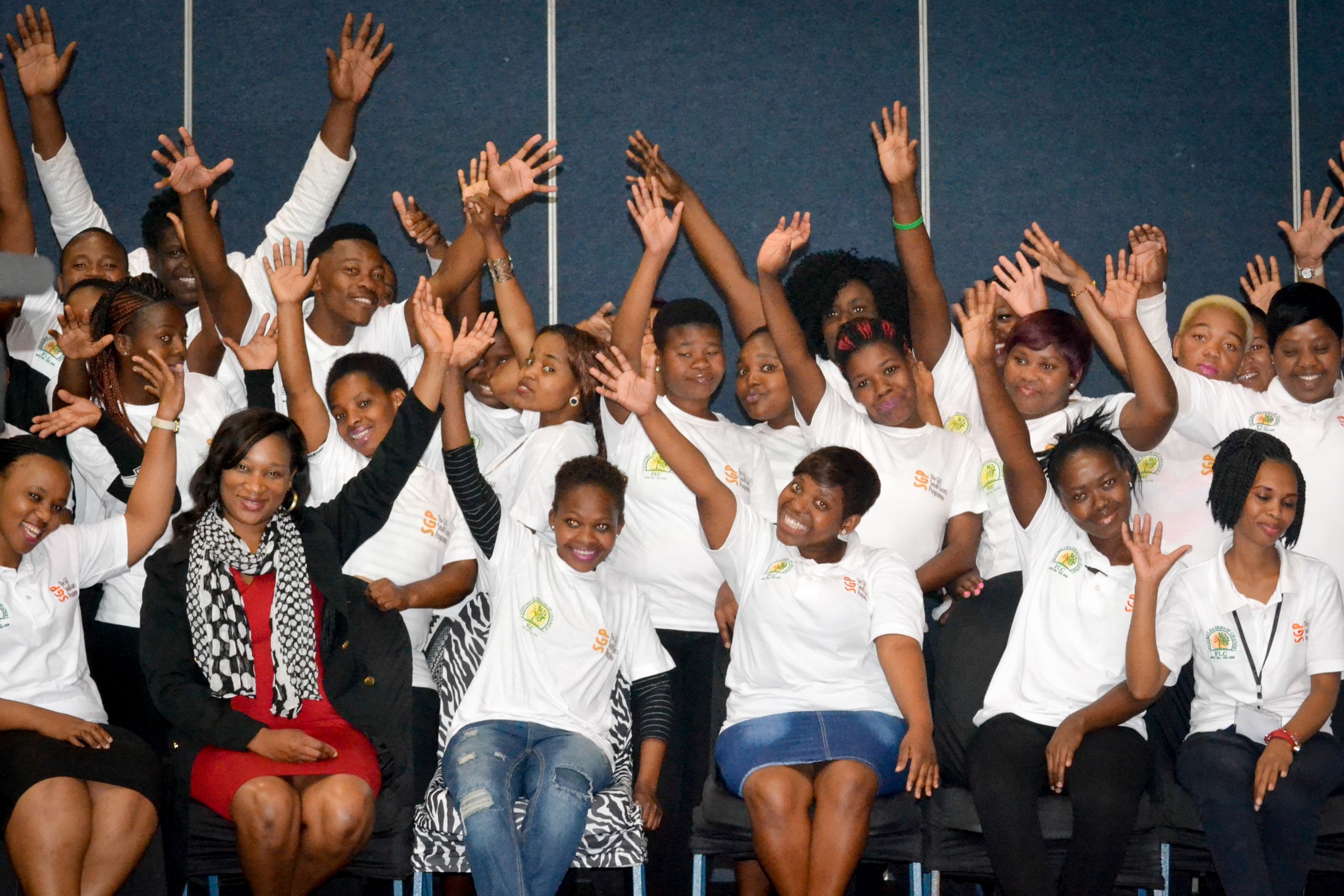
Subsequently eco-warriors were identified in each school to drive environmental awareness initiatives in their communities.
The eco-warriors chosen were from schools with pre-existing FLC collaborations; each school has five such warriors who represent the school in environmental programmes and recruit other learners within the school.
These warriors play an important role in keeping their schools environmentally-friendly, and perform clean-up campaigns in and around their schools.

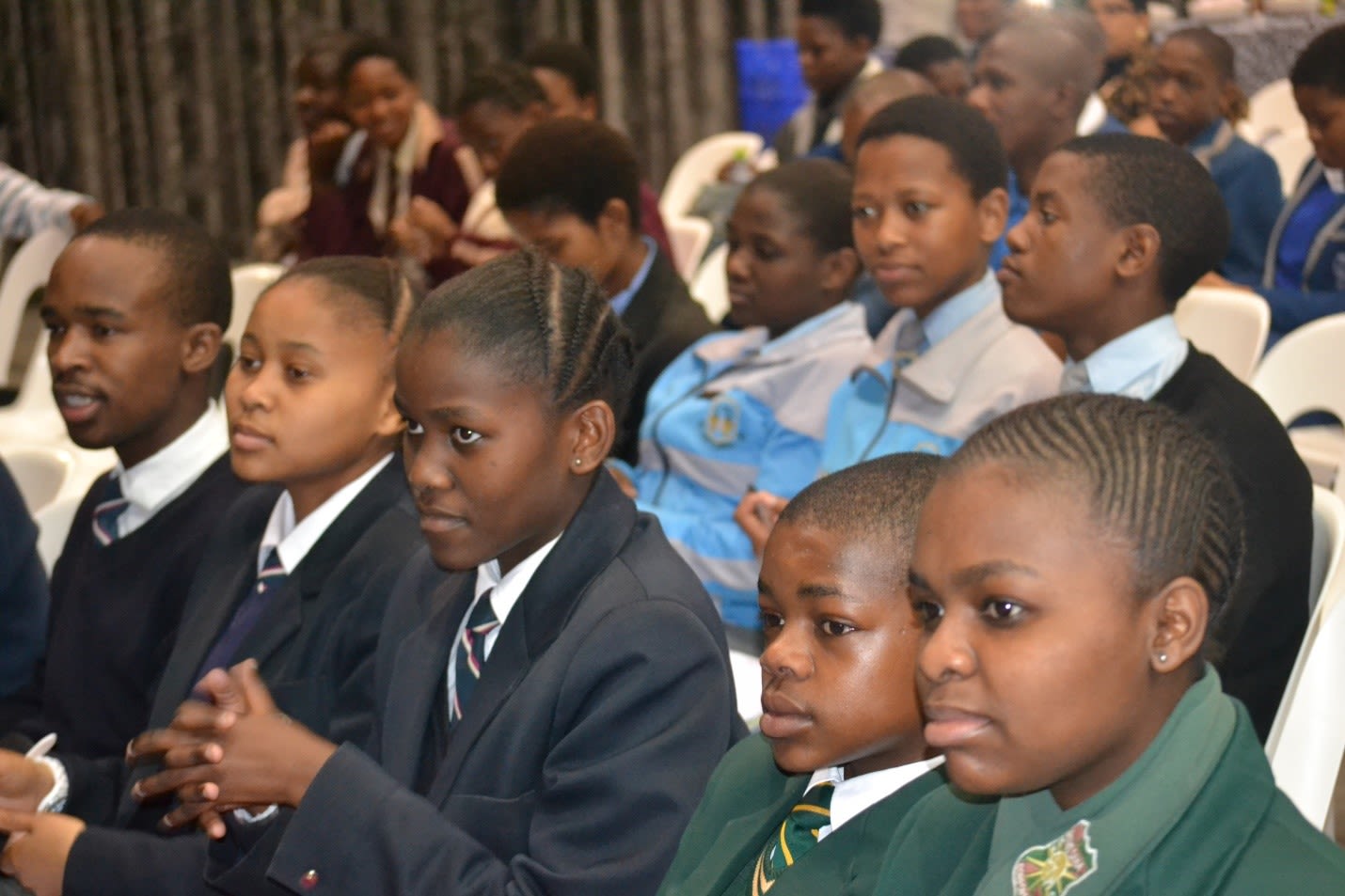
Clean up campaign
As part of the Climate Change Warriors Project (CCWP), FLC supported communities and schools in semi-urban, rural, and urban areas, organising five clean up campaigns and eliminating illegal rubbish dump sites.
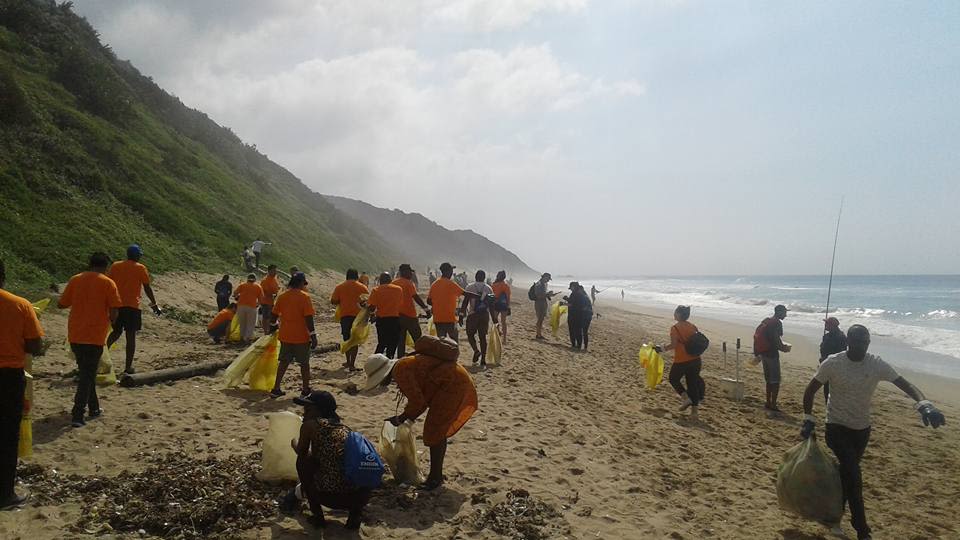
Cumulatively, these clean-up campaigns assisted in the removal of 1,020 illegal dumping sites.
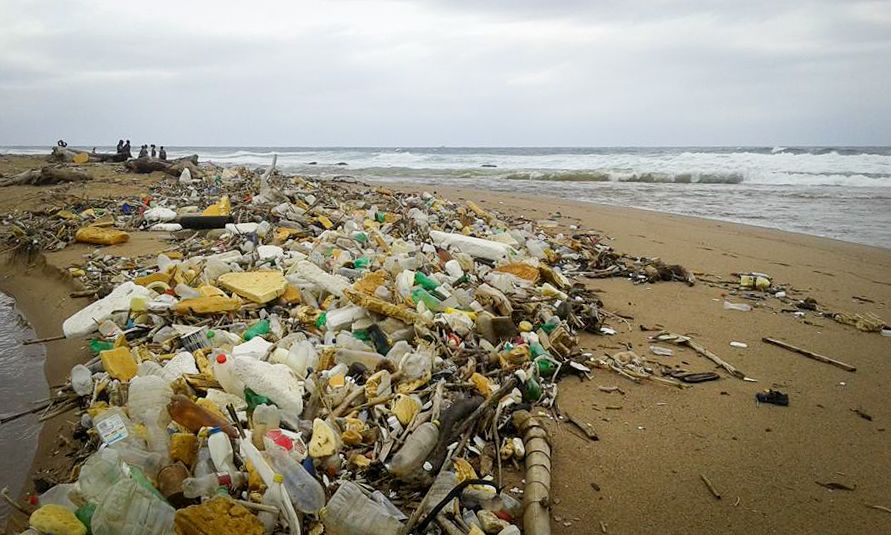
Cleaning of the coastlines in specific was a major target of these campaigns. As such, FLC conducted two clean-up campaigns (of its five total campaigns) in support of South Africa's national coastline clean-up.
As part of these campaigns, additional awareness raising was conducted by FLC, delivered to participating communities with assistance from Durban Solid Waste.
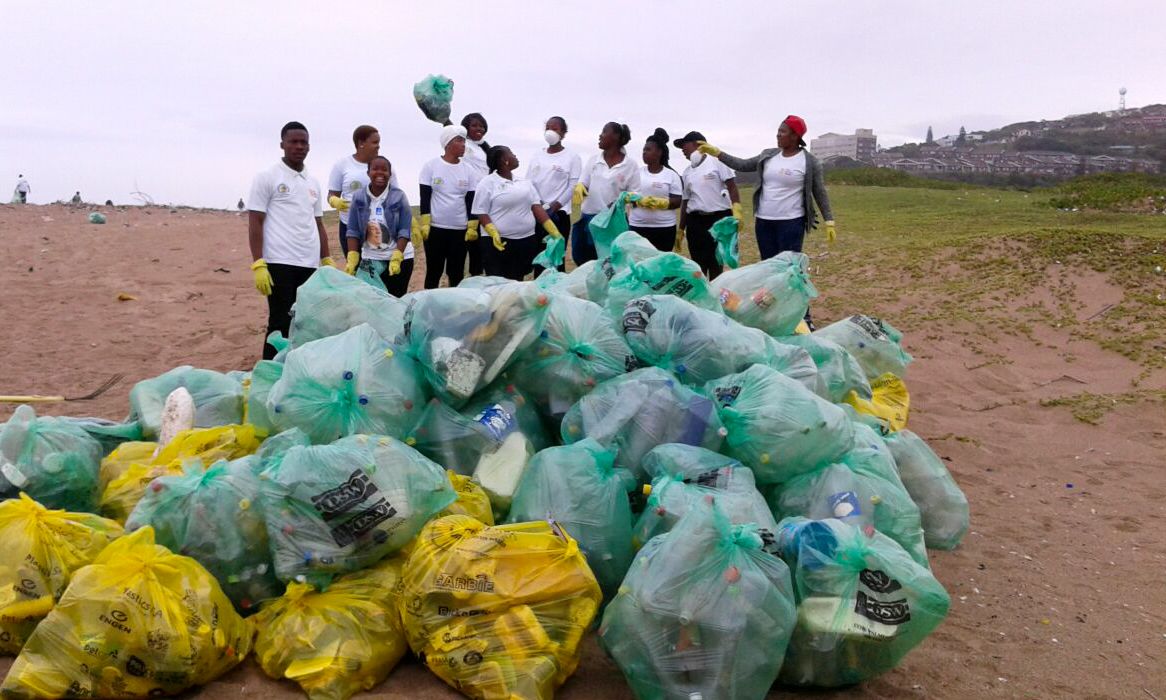
‘It was quite impressive to see young people mobilising themselves and actively engaging government representatives, communities and educators on environment and climate change. The current energy, water and waste challenges facing the country and impacting our economy are making the youth more vocal on the future they want to see!’



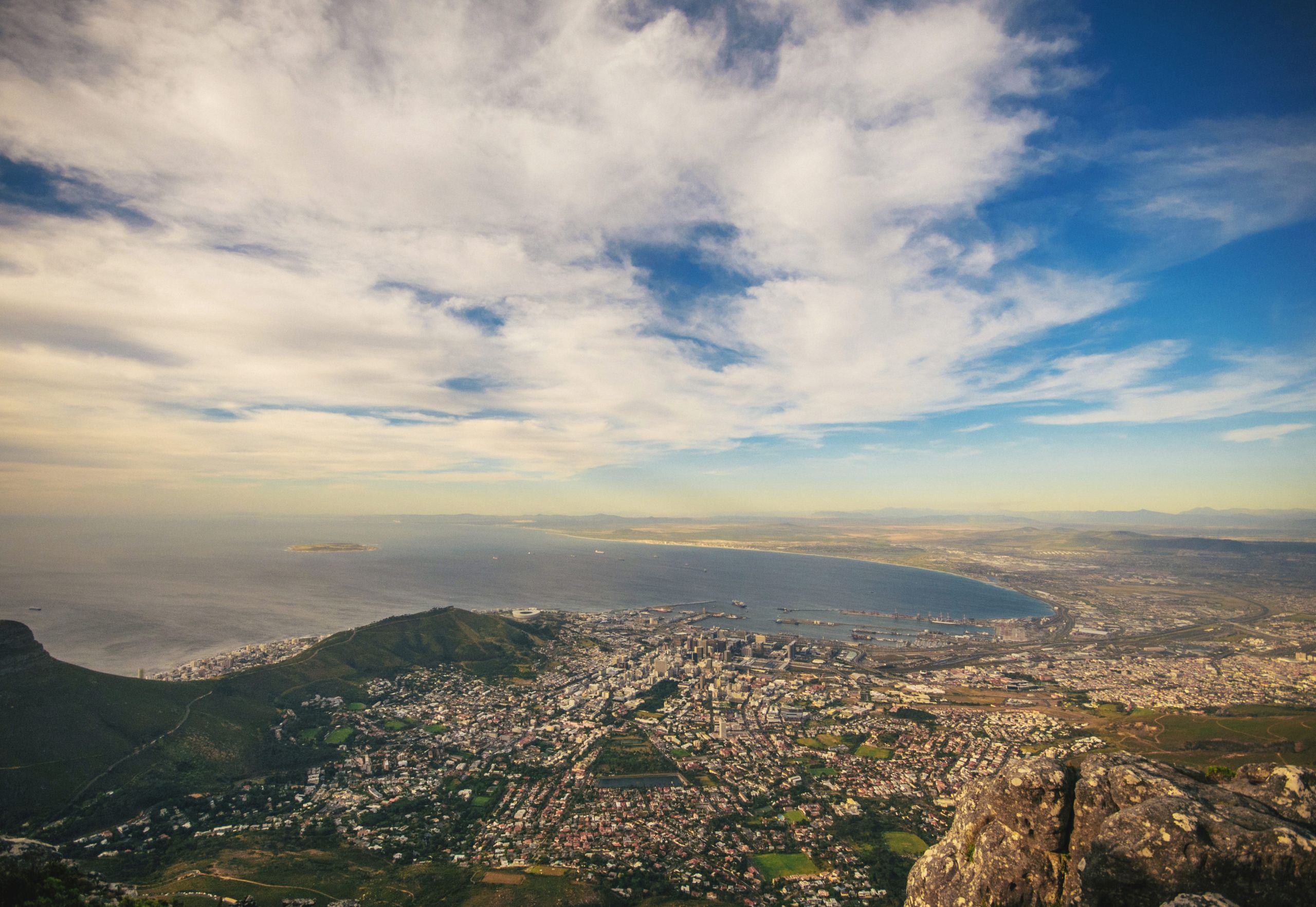
Zero Hunger
Through the SGP support the project was able to establish six small-scale conservation agriculture co-operatives, and coordinate youth training on sustainable agriculture. This work was conducted as part of the project's Qeda Indlala Small-scale Farming Programme.
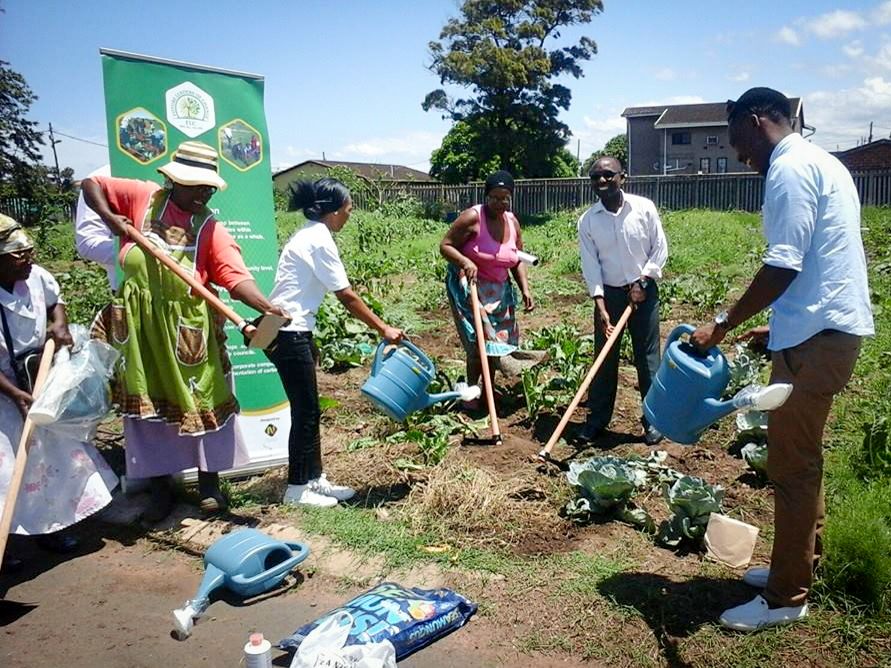
‘I was very privileged to be part of the CCWP. I learned more about climate change and we went in the areas that are affected by climate change. It was the best experience of my life.’
Given the lack of information and training about sustainable agriculture in the district, the purpose of the Qeda Indlala (meaning: ‘stop the hunger’) Small-scale Farming Programme was to empower FLC’s climate warriors with enhanced agricultural practices to bolster food security.
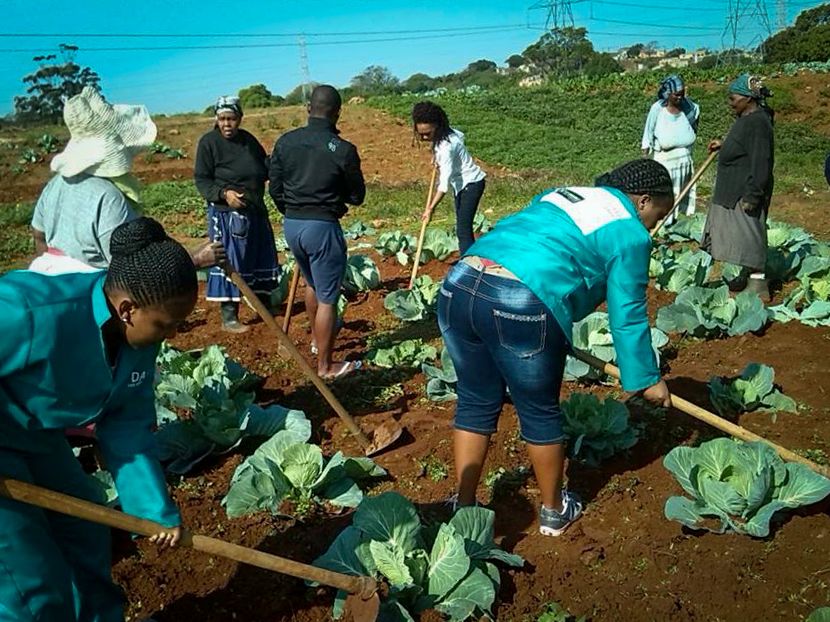
‘As a volunteer of FLC under their CCWP I gathered a lot of knowledge that I didn't know about planet earth and the changing climate in it. We attended international events, sharing ideas with the youth from other countries in the Forestry Congress.'


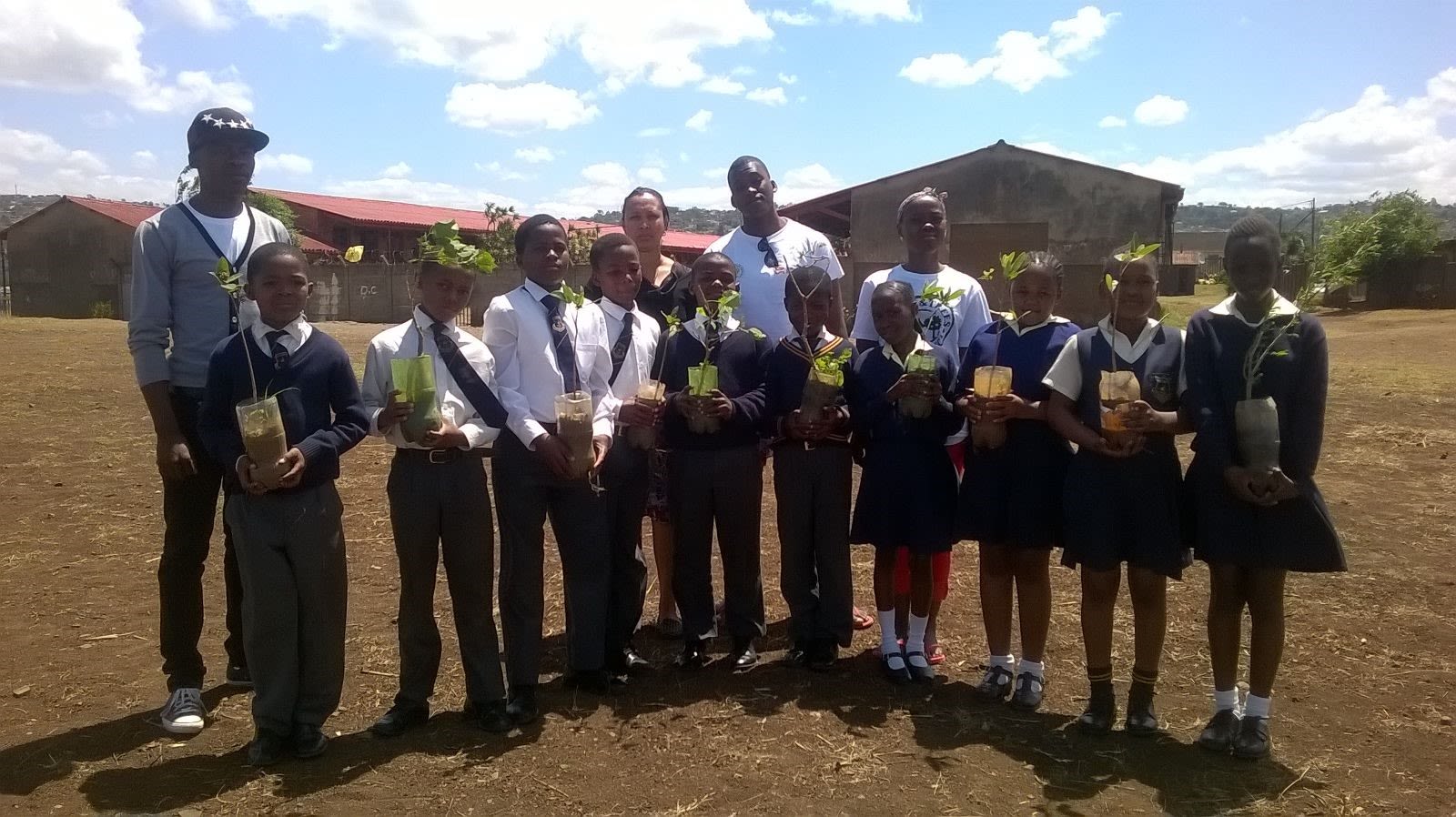
Additional education and training was provided with the support of the Department of Agriculture, at the Cedara College of Agriculture in Pietermaritzburg. At Cedara College 103 climate warriors were enrolled into their introductory course, gratis.
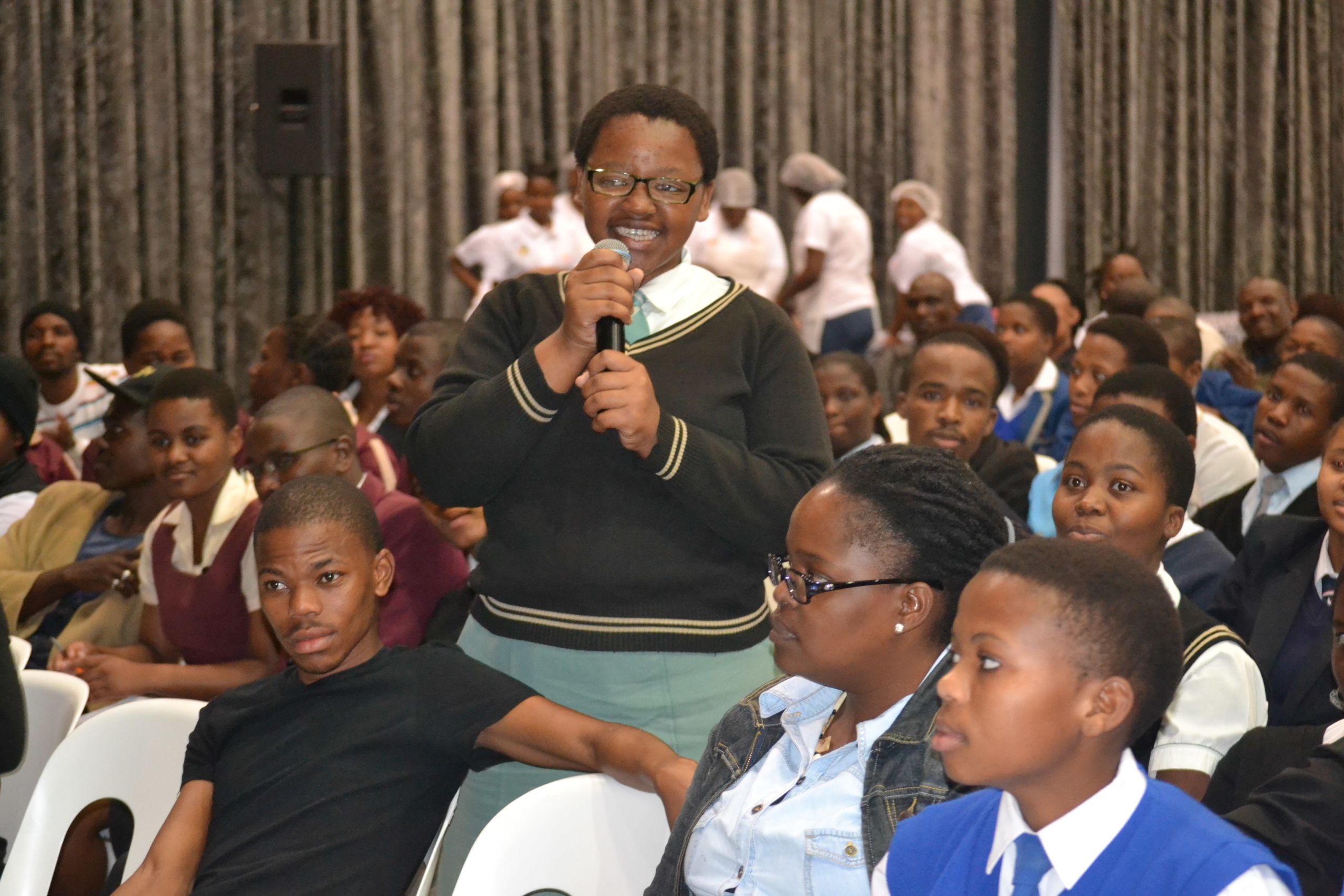
Out of 103 youth, 25 have completed their course of study already. Once all 103 have completed the necessary baseline coursework, the full cohort will join advanced, and accredited, follow-up courses that will also be paid for by the Department of Agriculture.
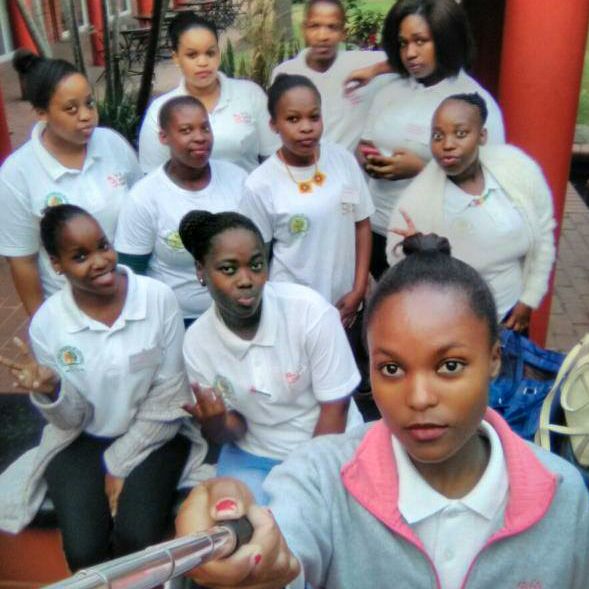
‘Being part of the CCWP was a big learning curve for us all. We enriched other people with resources to better their lives through agriculture, and we also went to various trainings and workshops to better our knowledge on climate change matters.’


Seeing the Forest for the Trees
Sometimes, big problems can be solved simply.
For example, planting trees is one strong solution to climate change. These eco-warriors know that trees help stop climate change by removing carbon dioxide from the air, storing carbon in the trees and soil, and releasing oxygen into the atmosphere.
With support from the project and the Department of Forestry, the youth planted over 1,000 indigenous trees in 17 schools and continue to look after them.
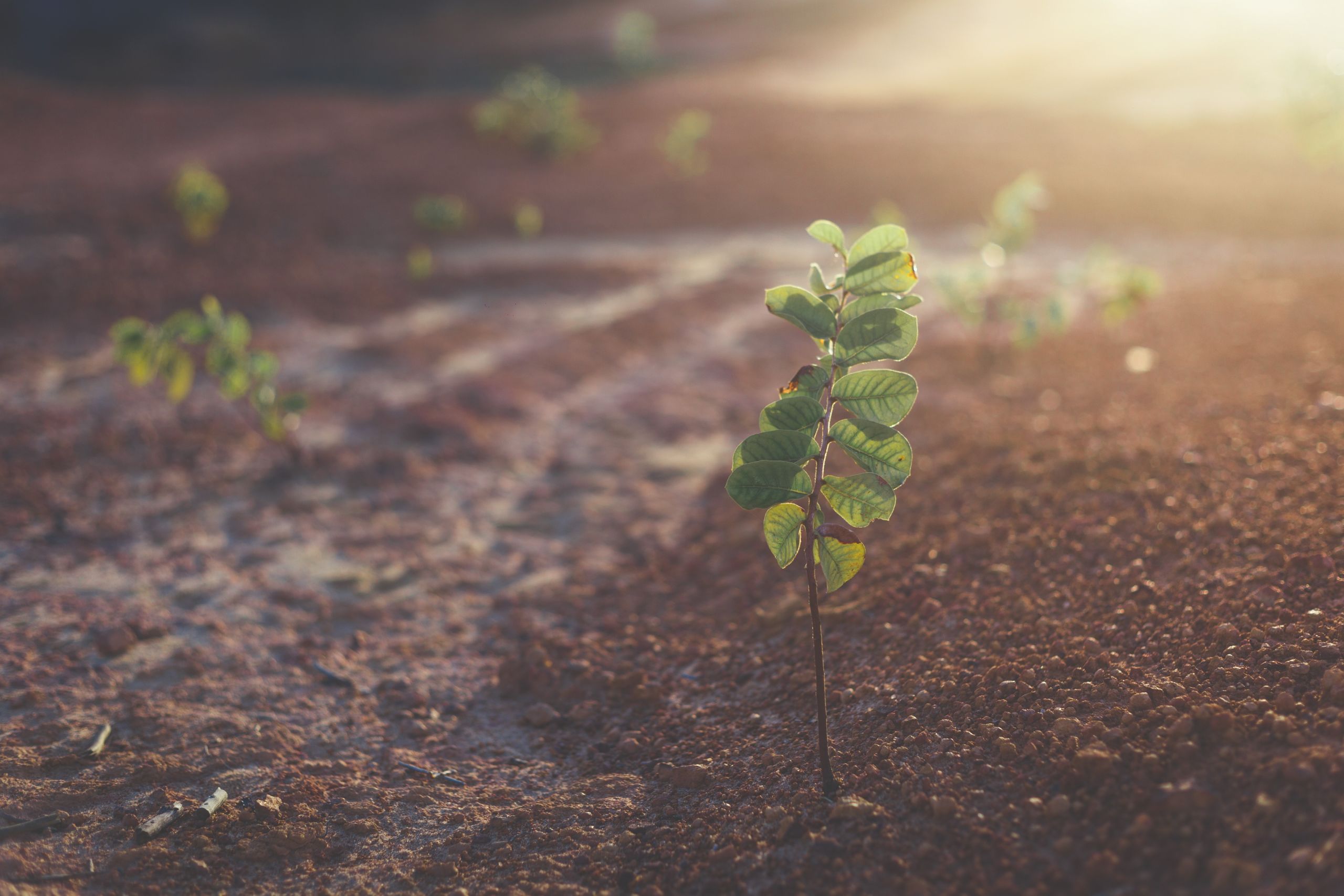
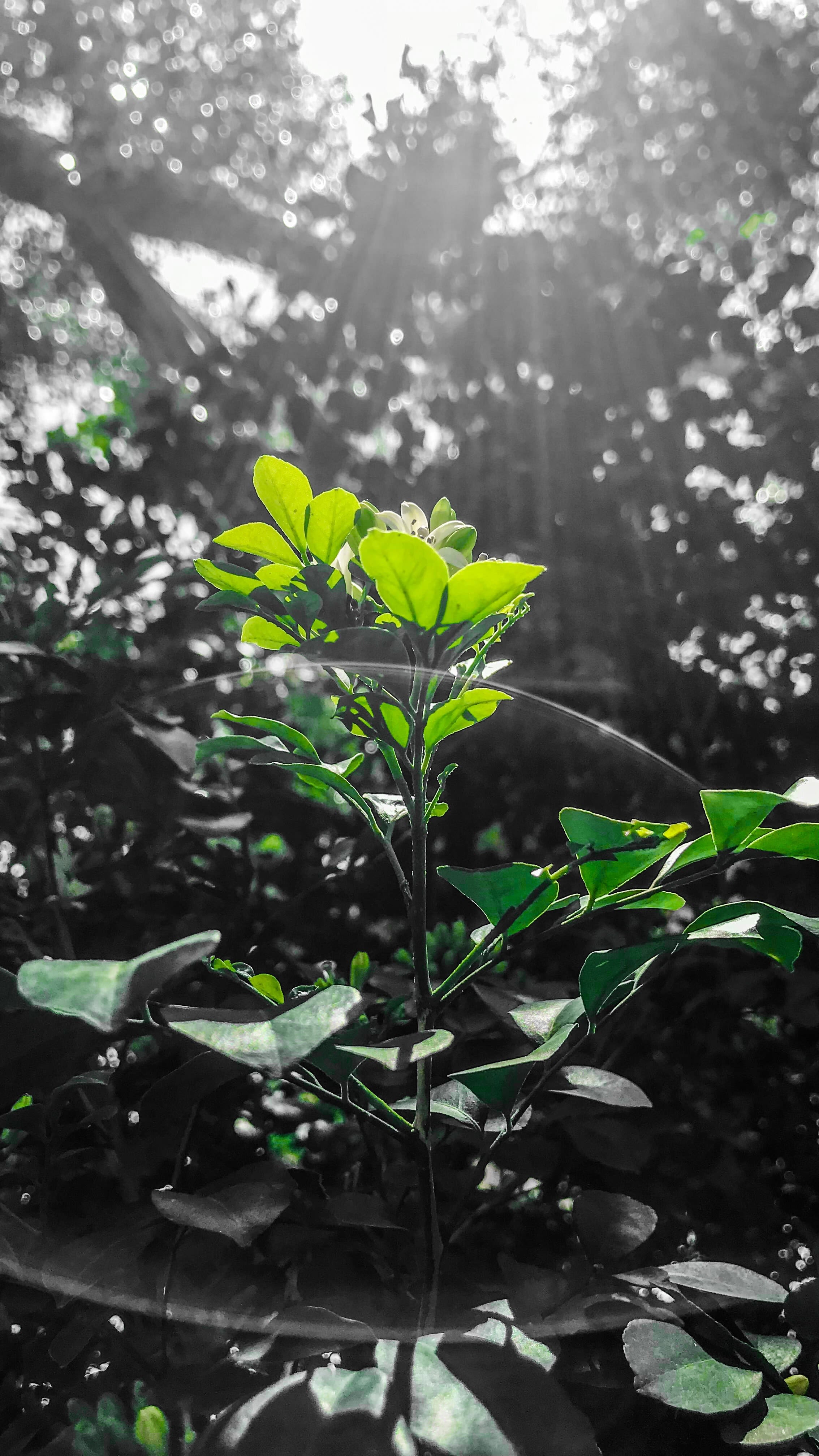
Small Grants, Big Impacts
In total, since 2001 when SGP support in South Africa began, there have been 116 projects undertaken across the country.
SGP support to youth projects in the country spans several GEF focal areas, with recent projects completed in the Western Cape and in North West Provinces.
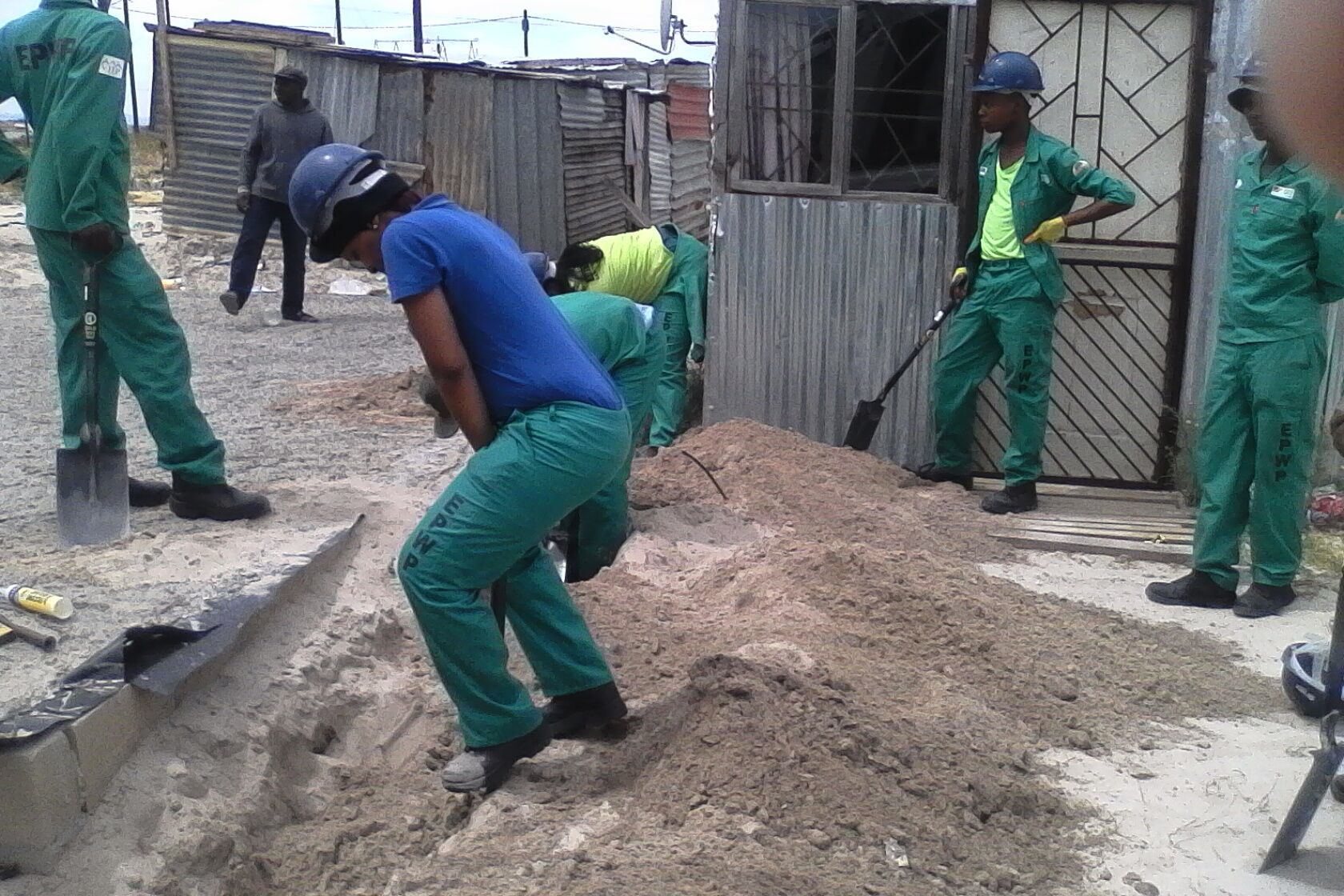
The project in the Western Cape focused on solar water installation training and upskilling of 20 unemployed youths (12 females and 8 males) from the townships of Philippi and Bardale in Cape Town.
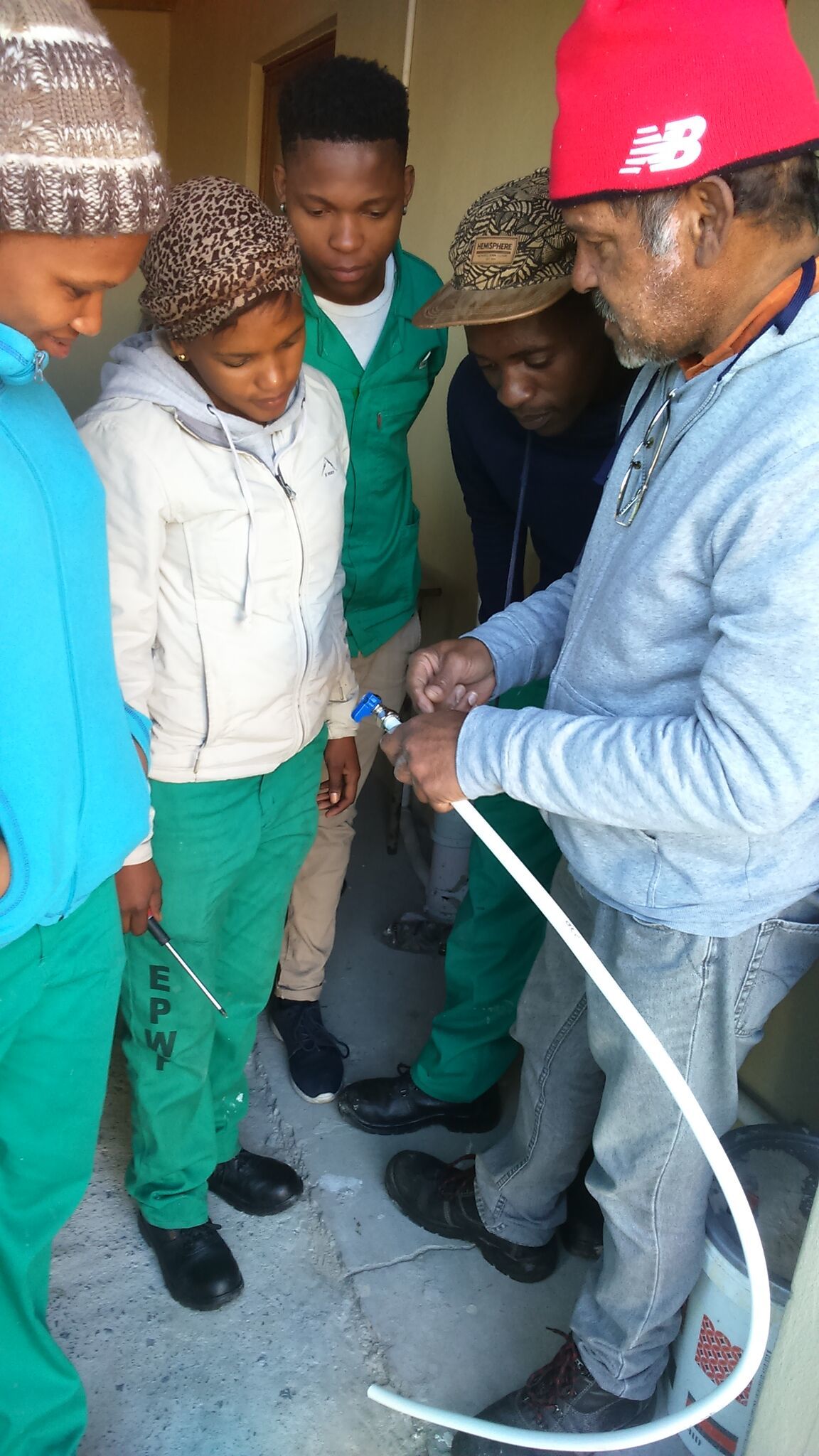
This project was implemented by local CSO iThemba Labantu, in close partnership with the provincial government and a private sector housing developer.
The youth trained through the project have since secured three-year apprenticeship training with the provincial Department of Human Settlements (DHS) to support the installation of solar water heaters in low-income settlements.
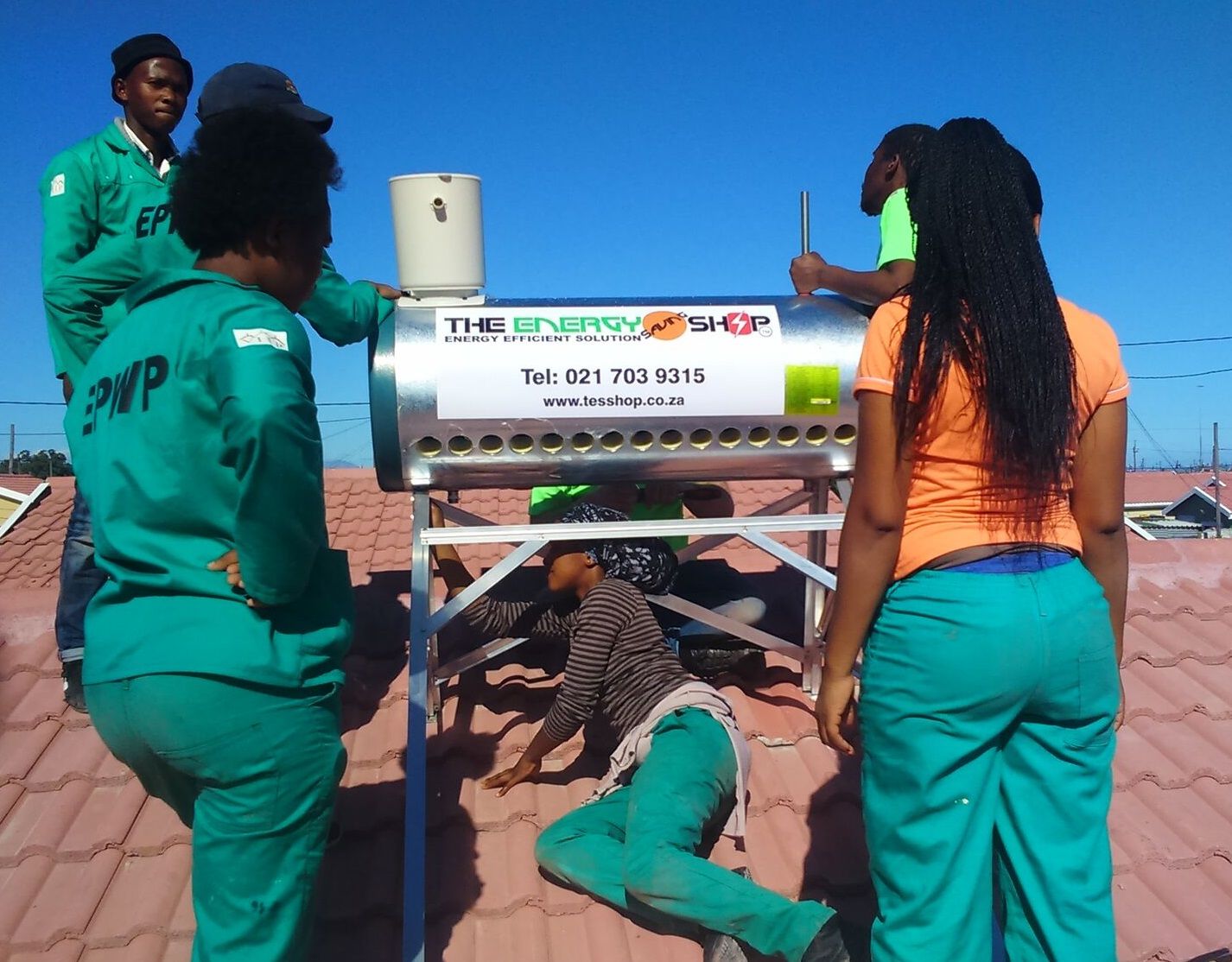
Other youths have started their own micro-enterprise installing and maintaining plumbing works and solar installations across the city.
In the North West Province, six youths initiated a biogas digester project, which has since benefitted eight households in Makgabetlwane Village, saving ≈$257USD per household per year on electricity costs.
Tribal leadership in the village has now permitted the youth to utilise a 0.25ha plot of land for participants to expand their projects, which now include a small agro-ecological garden which uses slurry from the biogas digester as organic manure, as well as poultry husbandry, both of which have helped in generating an income for the youth, through sales of organic vegetables and free range chicken.
This project's garden has become a learning site for local schools and district municipalities wanting to replicate the project in their areas. Building on these successes, the youth have received support from the Social Development Department, who bought them a vehicle to transport their produce to market.
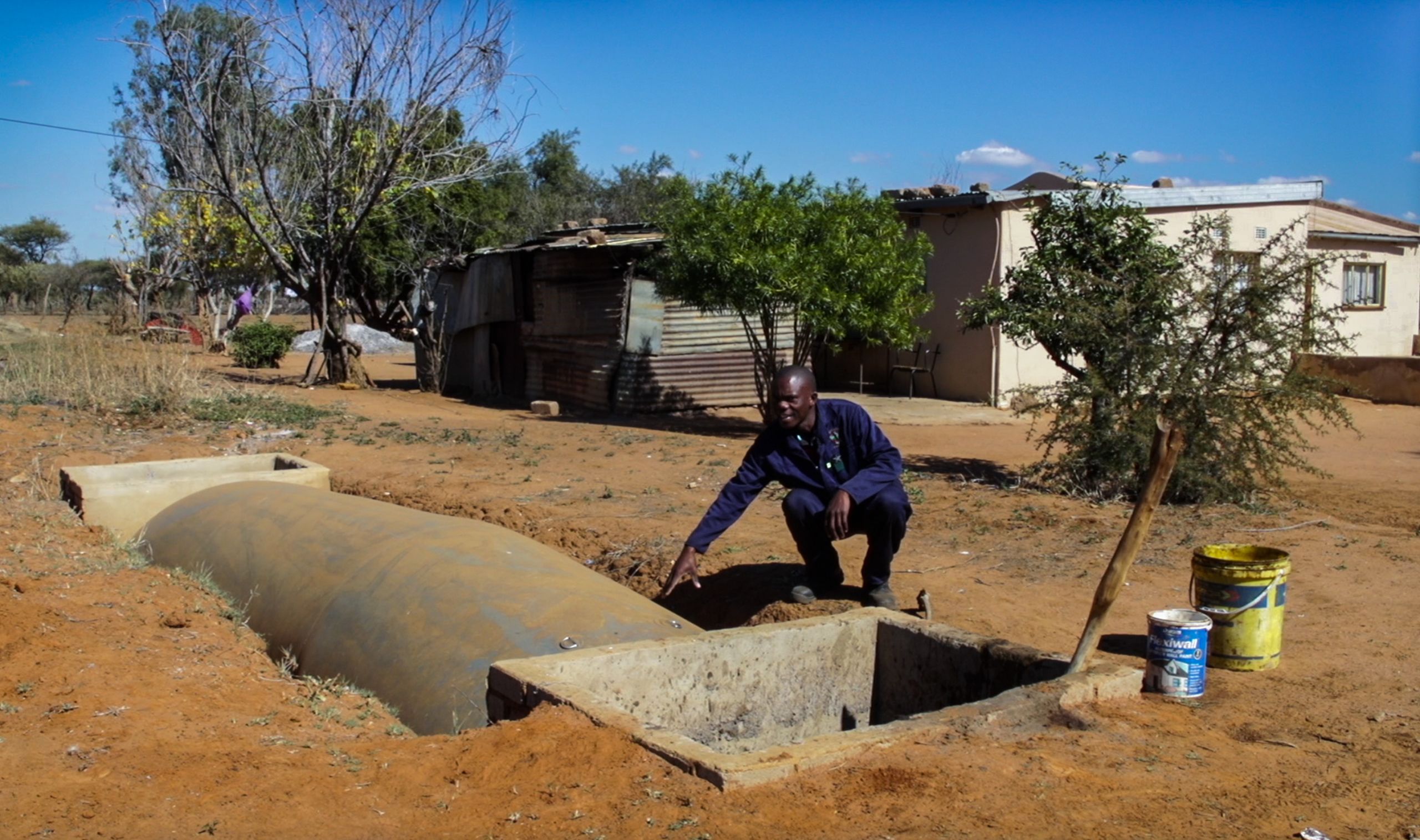
By providing financial and technical support to projects that conserve the global environment while enhancing people's well-being and livelihoods, SGP demonstrates that community action can maintain the fine balance between human needs and environmental imperatives.
For more information on this specific project, please visit the project profile: Climate Change Warriors Project
For more information on SGP-supported projects in South Africa, visit the South Africa Country Page
For details on the overall Small Grants Programme: https://sgp.undp.org





Text by Andrea Egan, Anele Moyo, Buyani Ndlovu, Ana Maria Currea / Photos: © SGP South Africa and Future Leaders of Change
